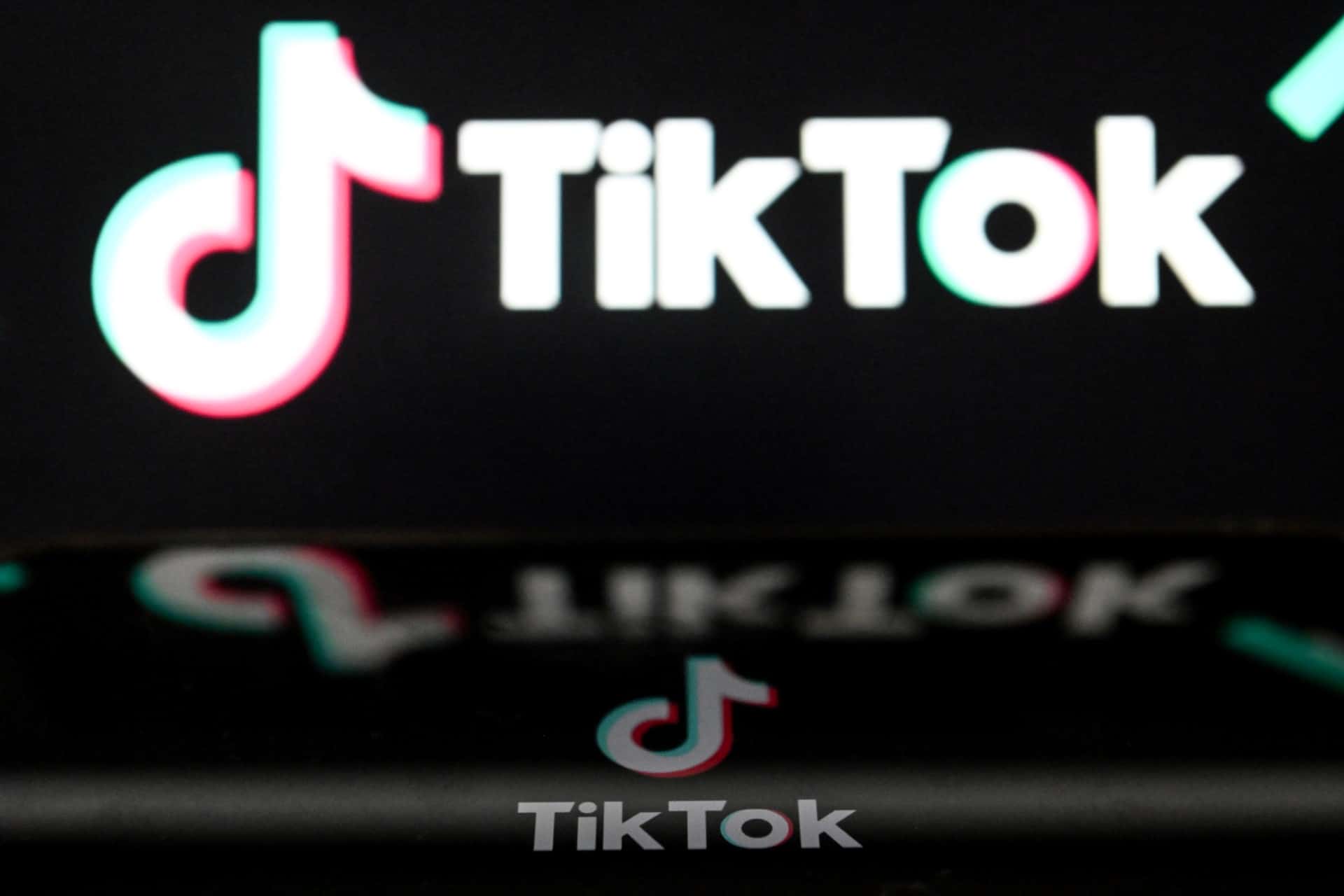Paris, France – France on Friday banned public-sector employees from downloading “recreational applications” on their work phones, the public services ministry said, with a ministerial source adding that Chinese-owned TikTok would be among them.
Following bans of TikTok in other European countries, “the government has decided from now on to ban the downloading and installation of recreational applications on professional telephones given to public servants,” the ministry said.
“Recreational applications do not present sufficient levels of cybersecurity and data protection to be deployed on administrative equipment,” it said.
A source at the ministry said the ban would include “game apps like Candy Crush, streaming apps like Netflix and recreational apps like TikTok”.
TikTok is hugely popular worldwide for sharing short, viral videos.
But the European Commission as well as governments in the Netherlands, Britain, the United States, Canada and New Zealand have told officials they cannot use the mobile phone app on work devices over fears of ties to the communist government in Beijing.
The group has insisted that the Chinese government has no control over or access to its data.
But the firm acknowledged in November that some employees in China could access European user data, and in December it said that employees had used the data to spy on journalists.
Beijing said Friday that it did not ask companies to hand over data gathered overseas.
China “has never and will not require companies or individuals to collect or provide data located in a foreign country, in a way that violates local law”, foreign ministry spokesperson Mao Ning said.








